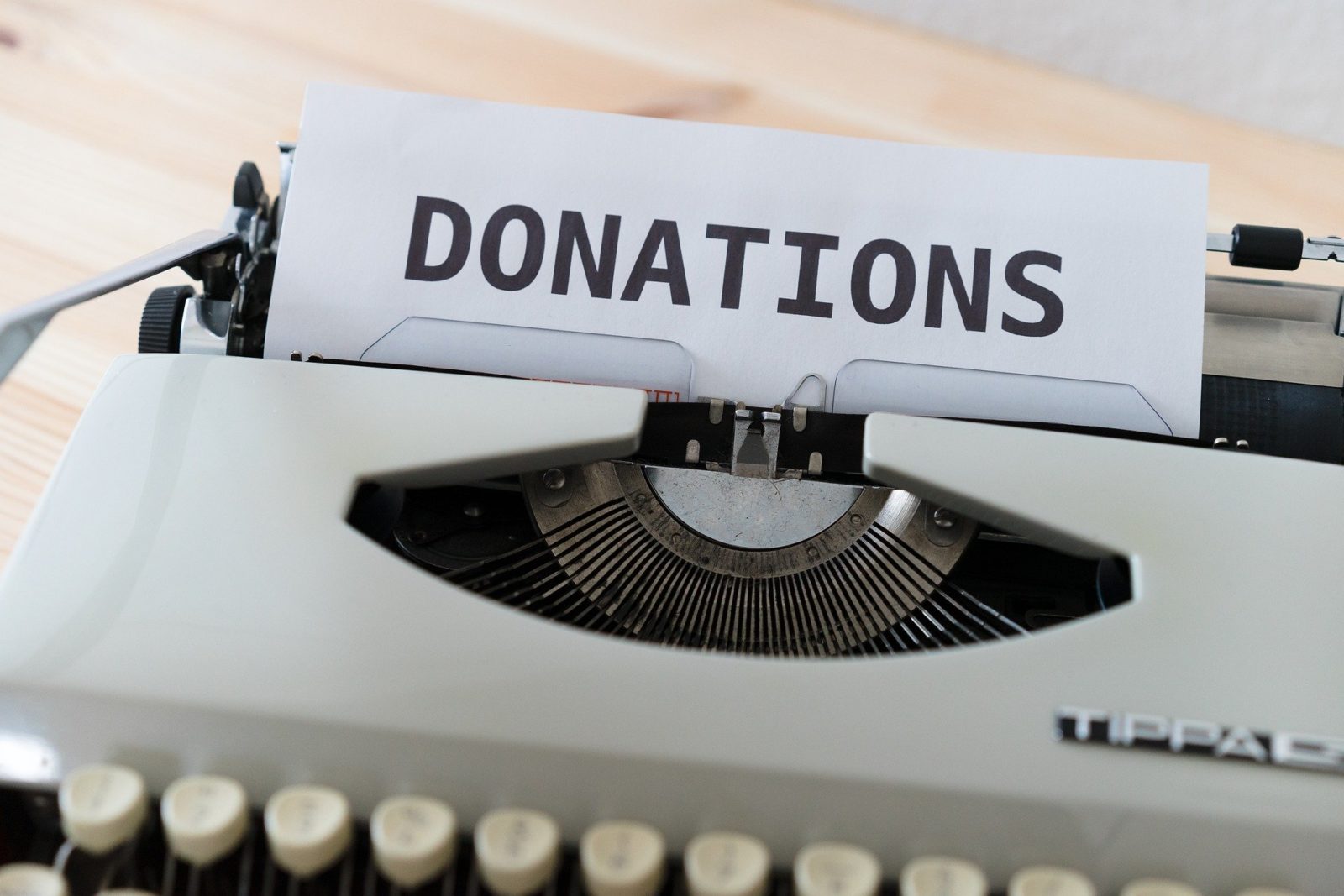We provide technical assistance on a wide range of topics. This is done through bilateral activities, regional activities and thematic activities in various areas.
Our Key Experts also work very closely with other international and regional institutions operating in the field of AML/CFT.
Regulation and FIUs
The work conducted under the Regulation/FIU component of the EU Global Facility plays a crucial role to support competent authorities in detecting the financing of criminal activities.
Collaborating with a diverse range of actors involved in the prevention stage of the penal chain, including regulators, supervisors, FIUs, the private sector’s obliged entities, our focus is on addressing key thematic areas that are vital in combating financial crime. The core of our technical assistance includes the following themes:

Beneficial Ownership
On the topic of Beneficial Ownership, the EU Global Facility focuses on addressing the challenges and risks associated with beneficial ownership disclosure frameworks. It encompasses various areas of implementation, aiming to combat the misuse of legal persons and arrangements.
Our team of experts also conducts risk assessments, aids in the development of legal and regulatory frameworks, and assists in establishing operational models for beneficial ownership. We provide comprehensive guidance on identifying, verifying, supervising, and enforcing beneficial ownership information.
Additionally, the project supports jurisdictions in procuring and maintaining IT services and monitoring IT developments related to beneficial ownership.

Law enforcement
Our focus on law enforcement and intelligence stems from the understanding that enforcement and intelligence are integral components across all AML/CFT activities, aligning with the recommendations and immediate outcomes set forth by the FATF.
Our work revolves around connecting agencies involved in law enforcement, intelligence, regulation and the judicial chain, fostering a deep understanding of the investigative challenges and opportunities in the realm of AML/CFT.
We collaborate closely with esteemed researchers, academics, and international policing bodies such as Interpol and Europol to enhance AML/CFT standards, skills, and capabilities. Moreover, we actively promote public-private sector partnerships, both domestically and internationally, particularly in emerging sectors like Artificial Intelligence, Virtual Assets, and the Metaverse, where we identify new threats and collaborate to address them effectively.

Justice
In the context of the justice sector, the EU Global Facility provides comprehensive support across multiple aspects. To begin with, we offer cutting-edge legal expertise that contributes to the examination, drafting, and updating of legislation and regulations. By assisting partner jurisdictions in developing new and/or updated guidelines, we help them ensure enhanced compliance with legislative and practical requirements.
Our work also encompasses capacity-building activities that empower our partners throughout the entire judicial process. We equip them with the necessary skills for AML/CFT investigations, prosecution, and asset recovery. Additionally, we actively foster networking and promote international co-operation through partnerships and regional activities, thereby strengthening networks and facilitating knowledge exchange among countries.
Finally, we strive to address emerging areas of interest within the AML/CFT field, such as reverse burden of proof or forensic audit.

CSOs and Media
Our team of experts actively supports the establishment of best practices in countering Money Laundering and Terrorist Financing while preserving the civic space. We support our partner states through the entire process of
Our team and experts also conduct research on related topics such as social finance, illicit financing in the sports NPO sector, and media coverage of AML/CFT news. Additionally, the EU Global Facility offers comprehensive capacity building programmes, both online and onsite, for authorities, regulators, and CSOs, covering various topics linked to FATF Recommendation 8.
Furthermore, we organise regional and global events to stay abreast of the latest developments in our implementation regions, fostering ongoing dialogue between civil society and AML/CFT stakeholders.

Thematic and pilot areas
Microfinance and AML/CFT
Bridging the gap between the private sector and civil society, microfinance institutions (MFI) play a vital role in the economic development of societies and the alleviation of poverty. Therefore, their potential for AML/CFT is extremely high yet too often ignored. While MFIs have become increasingly scrutinised and subject to tighter risk and compliance standards, very little support has been provided to the sector.
The EU Global Facility has developed a highly innovative work segment: the support to microfinance institutions in obtaining AML 30000 certification. Successfully implemented in Tunisia and Jordan with the respective AML 30000 certification of Enda Tamweel and Tamweelcom, the project will target MFIs across the MENA region to later expand to local MFIs in Africa, Asia and Latin America.The objective of the project is to raise the level of AML/CFT compliance in the microfinance sector globally, thereby promoting MFIs as reliable, vetted actors in the financial world.

